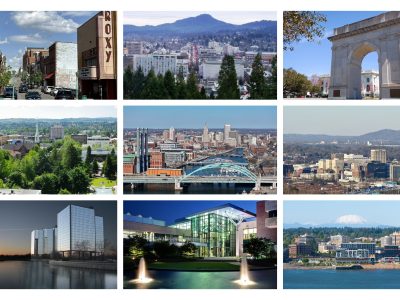Every business has a busy season and a slow season in addition to fluctuations due to the economy. However, the restaurant industry is particularly prone to seasonal variations for a variety of reasons. Here are the top three factors that will affect most restaurants throughout the year.
Tourist Season
Tourist season varies by the location. In a mountain resort, winter will likely be the tourist season, while beaches will be busier in the winter. An influx of tourists brings a huge increase in people who are looking to eat out, as they cannot cook well for themselves in most accommodations. In addition to vacationers, locals are more likely to be out and about enjoying the attractions of the area during tourist season. Conversely, when tourist season is over restaurants will see a sharp drop in patrons.
Holidays
Seasonal holidays can have a huge impact on restaurant sales. More than sixty percent of restaurants see a decrease in traffic on major holidays. Customers are more likely to spend time in their own kitchens or those of loved ones on holidays associated with family such as Thanksgiving and Christmas. However, casual dining and fast food businesses may see an increase in sales in the days before and after holidays, as people are busier and lack time to cook.
Warm Weather
Most restaurants have more patrons in warm weather. People are more likely to be out and about; depending on your locations, music and other events may also attract more diners. Winter, on the other hand, can make driving a challenge, which leads your patrons to stay at home. Many restaurants find they can adequately compensate for this seasonal dip by increasing marketing and also having special deals. In addition, restaurants that offer delivery may actually see more sales in cold weather.
There are a few ways to combat seasonal lows while making the most of seasonal highs. Offering live entertainment and other events during high seasons will likely fill your tables, while increased marketing and special price deals in low seasons can help to keep the flow of customers steady. Marketing has been proven to be an effective antidote to slow season. If your business does not have start up capital for these projects, consider a line of credit or a small business loan from a business specialist such as AFN. In many cases, a small investment can jump start your restaurant regardless of the season.



